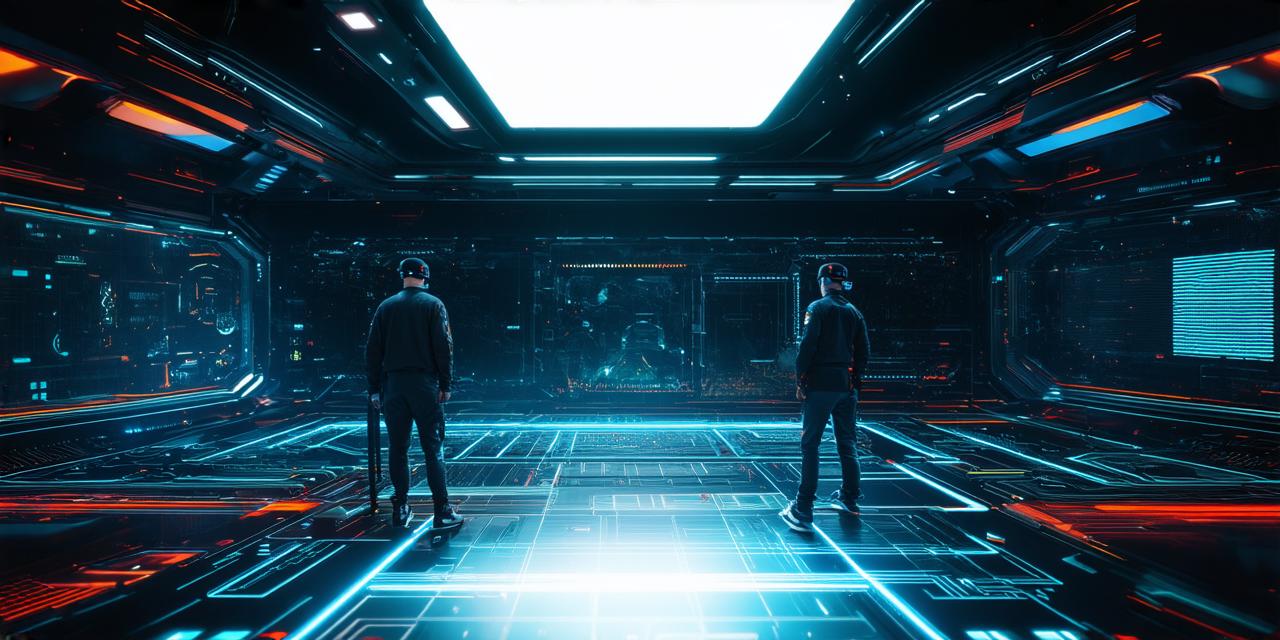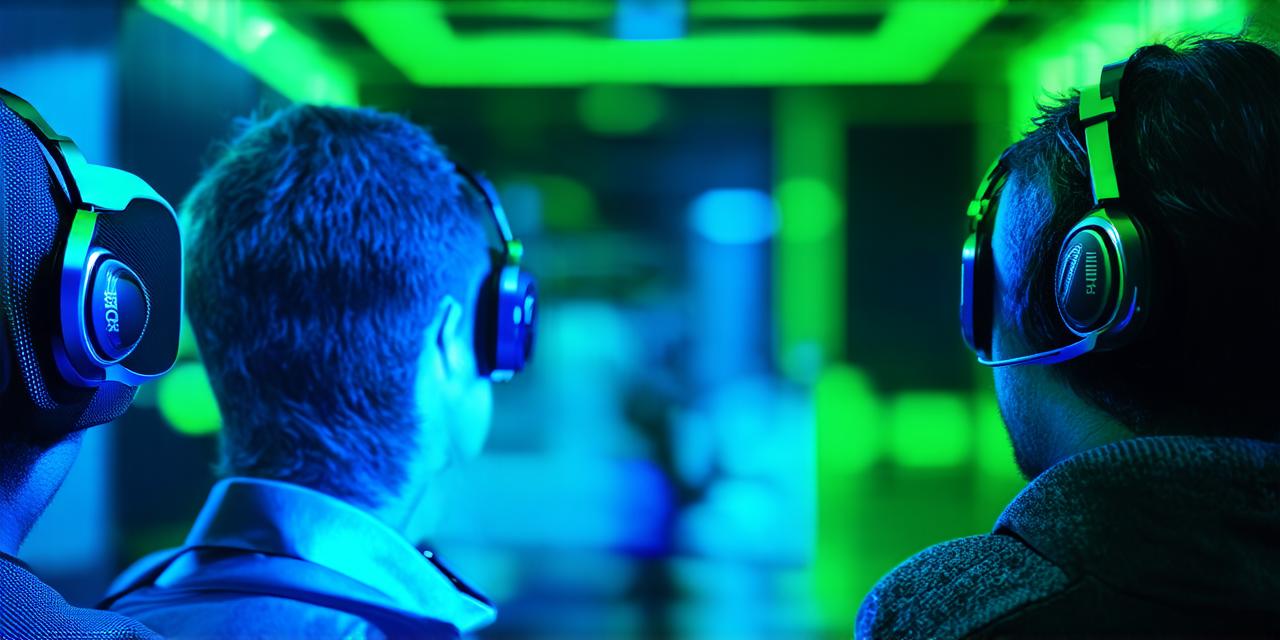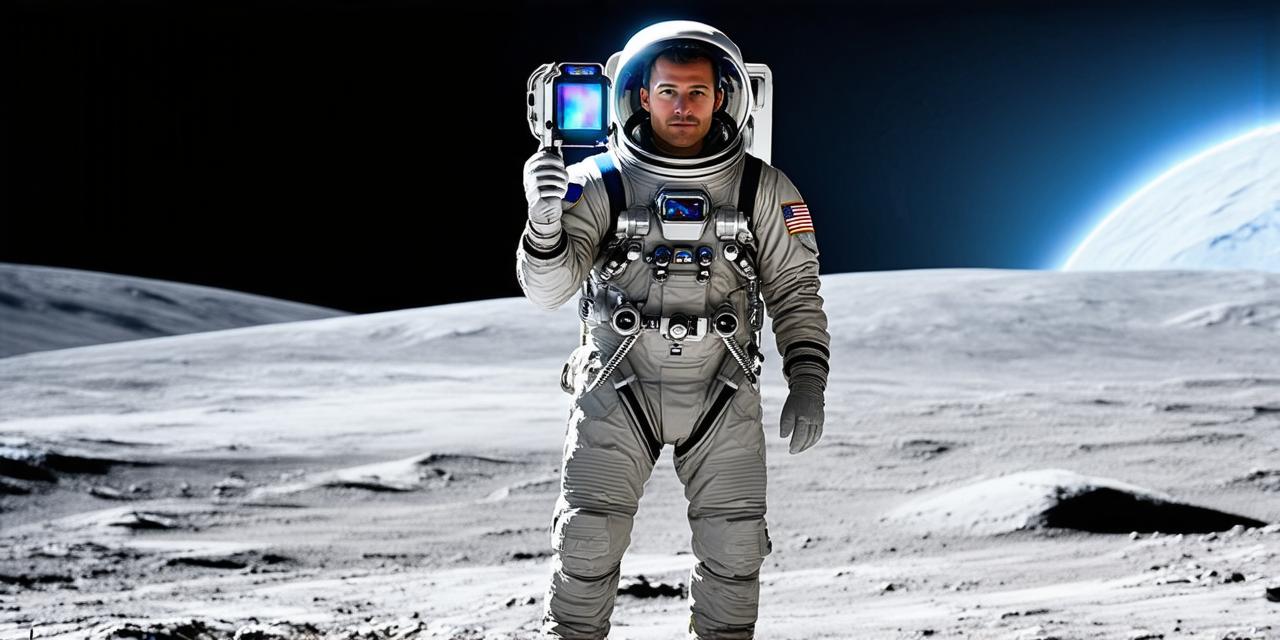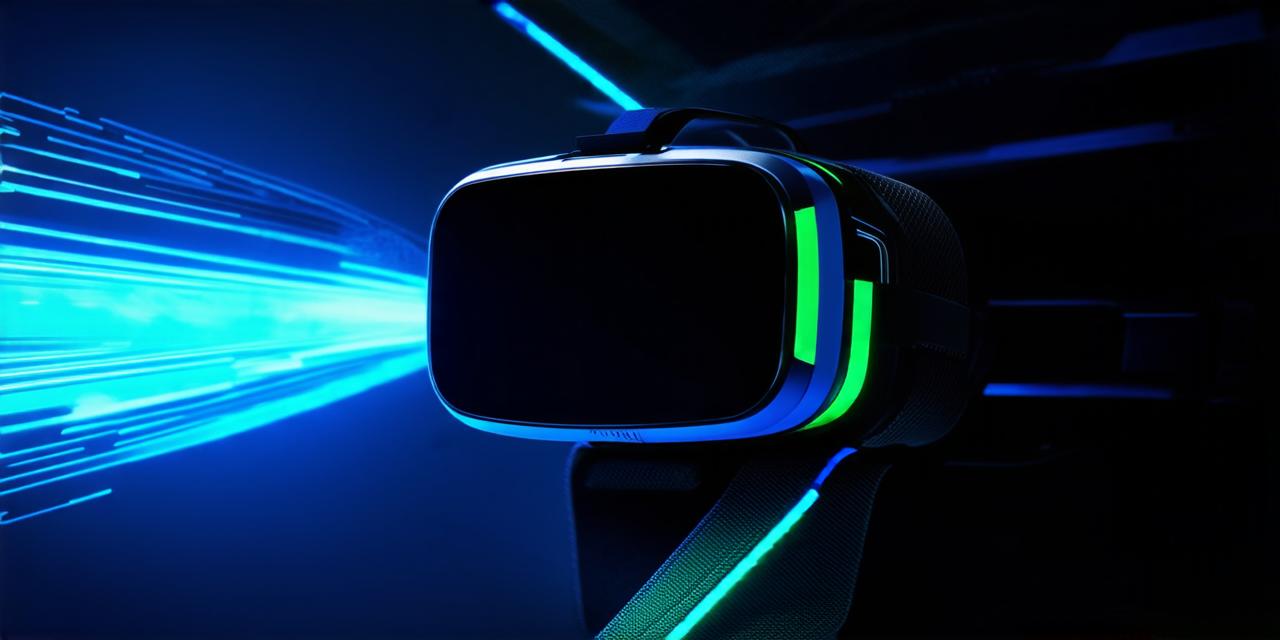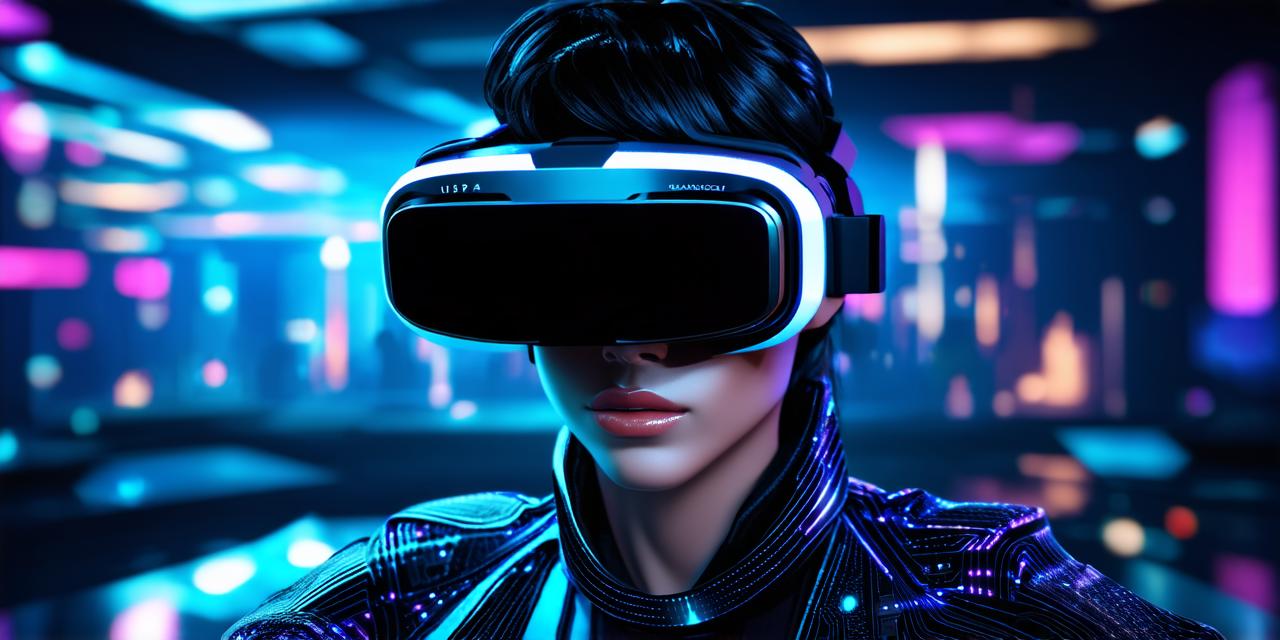Virtual reality (VR) is an emerging technology that has the potential to revolutionize the way we interact with each other and the world around us. By creating immersive digital environments, VR can provide new ways for people to connect, communicate, and collaborate. In this article, we will explore how virtual reality will impact social interactions in the future.
One of the key ways that VR will impact social interactions is by changing the way we communicate with each other. With VR, we will be able to create realistic avatars that can interact with others in real-time, allowing us to communicate with people from all over the world as if they were right next to us.
This could be particularly useful for businesses and organizations that operate globally, as it would allow them to bring their employees together for virtual meetings and collaborations, regardless of where they are located.
In addition to changing the way we communicate, VR will also impact social interactions by providing new ways for people to connect with each other in a more meaningful way. For example, virtual reality could be used to create shared experiences that bring people together, such as virtual vacations or concerts.
This would allow people to connect with each other in a way that is not possible through traditional forms of media, such as TV or video games.
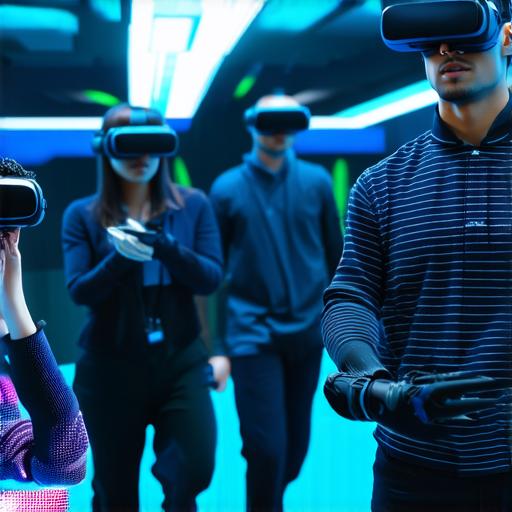
Another way that VR will impact social interactions is by changing the way we interact with our surroundings. With VR, we will be able to create digital environments that can be customized to our liking.
This could include virtual homes, offices, and even entire cities, allowing us to design and build our own digital worlds. This would give people greater control over their environment, and could lead to more meaningful and authentic interactions with others.
While VR has the potential to bring many benefits to social interactions, it is important to consider the potential risks as well. For example, excessive use of VR technology could lead to social isolation, as people may become more engrossed in their virtual world than they are in their real-life relationships.
It is also possible that VR technology could be used for malicious purposes, such as creating fake identities or manipulating others in the virtual world.
In conclusion, virtual reality has the potential to transform social interactions in many ways. By providing new ways to communicate, connect, and collaborate, VR could lead to more meaningful and authentic relationships. However, it is important to be mindful of the potential risks and to use this technology responsibly. As AR developers, we have a role to play in ensuring that VR is used ethically and for the greater good.
